The feared foot and mouth disease (FMD) is spreading in Indonesia with thousands of cattle…
Foot-and-mouth disease workshops for farmers
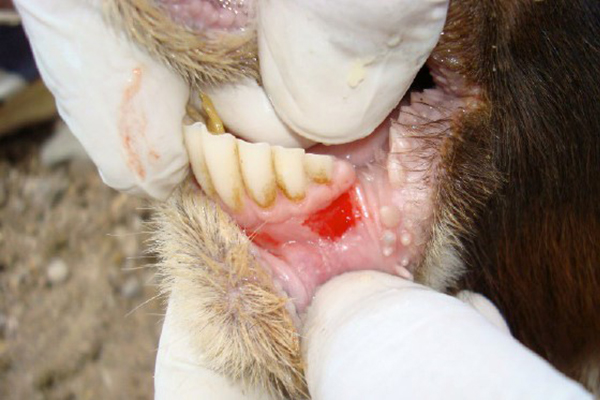
Foot-and-mouth disease (FMD) may have left the mainstream media headlines, but it continues to be a real risk for the Australian agriculture sector.
Our near neighbours in Indonesia have reported more than 600,000 FMD cases across 29 provinces, including Bali, since May last year. With travel back on the cards in a big way, the risk of a returning traveller from Bali carrying FMD fragments is a significant biosecurity threat.
The Indonesian Government has provided more than 12 million FMD vaccine doses and there have been no reported cases of FMD in Australia, Timor Leste or Papua New Guinea.
While the federal government, CSIRO and livestock industries are working with Indonesian authorities to keep it that way, Local Land Services and NSW Farmers are helping to ensure farmers in NSW are informed, prepared and able to respond to signs of the disease.
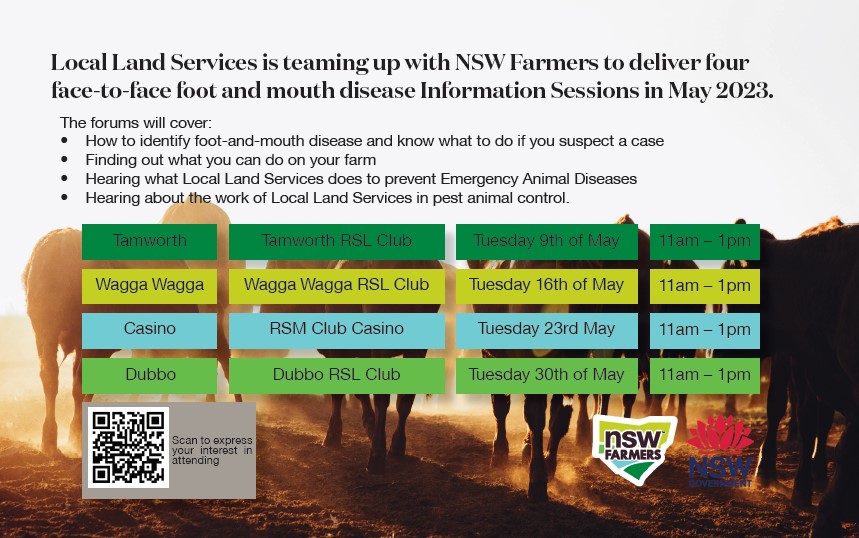
Local Land Services plays a key role in the prevention of emergency animal diseases, such as FMD, with district veterinarians working with landholders to carry out animal disease investigations across the state.
Local Land Services district veterinarians and biosecurity officers will be delivering four FMD workshops for farmers in May in Tamworth (9 May), Wagga Wagga (16 May), Casino (23 May) and Dubbo (30 May). An online webinar will also be distributed for those who cannot attend face-to-face.
�Whilst the initial flurry of attention on FMD might have eased, the risk has remained the same. We need everyone who manages property in this state to understand that they play a role,� said Local Land Services State Veterinarian, Scott Ison.
�Whether you have one alpaca and a couple of chooks, or 1000 head of cattle, everybody has a responsibility. Not knowing your requirements doesn�t exempt you from the law.�
Key topics at the workshops will include learning more about foot-and-mouth disease, how to identify it, practical on-farm measures to avoid FMD and what Local Land Services does to prevent emergency animal diseases such as FMD.
The workshops are free and open to all farmers and farm employees and run from 11.00am to 1.00pm. Registration is essential. Register your attendance here.
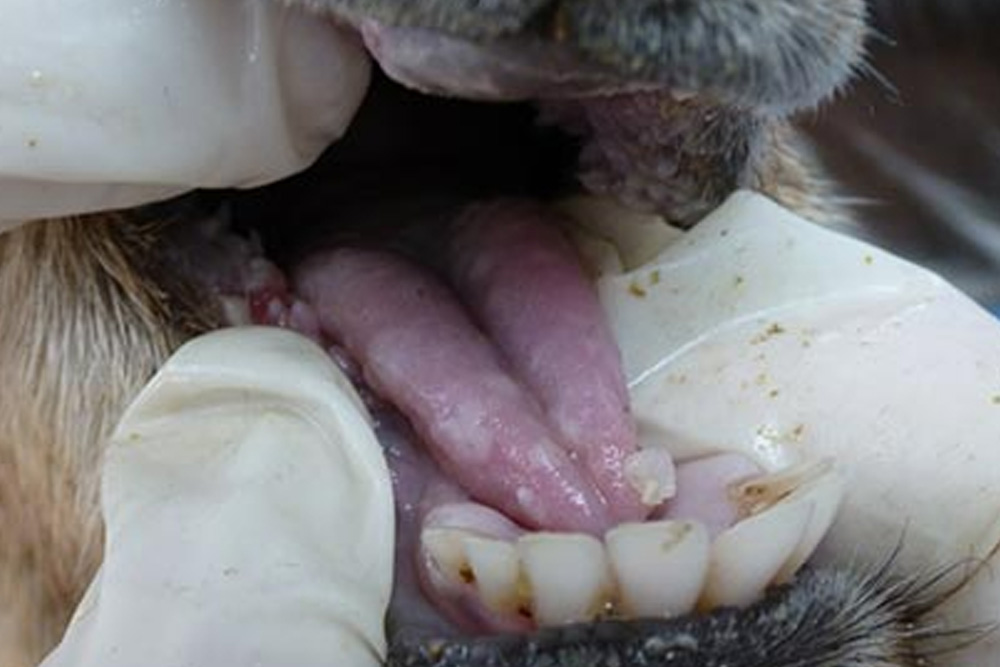
Local Land Services is also collaborating with leading industry groups such as Animal Health Australia and NSW Farmers in the rolling out of their FMD preparedness and prevention program.
The program will equip farmers with the information they need to prepare and manage an FMD outbreak, while also increasing animal disease surveillance and pest animal control.
Initiatives through the program include educational resources for farmers, increased and highly targeted pest control programs and subsidised livestock disease testing for veterinarians.
The NSW Government and the Australian Veterinary Association are also working with veterinarians to prepare for and prevent emergency animal diseases in NSW. Local Land Services and NSW Department of Primary Industries will be holding free workshops for veterinarians in four locations across the state and offering Continuing Professional Development (CPD) points for participation.
Exotic meat bust exposes need for more funding
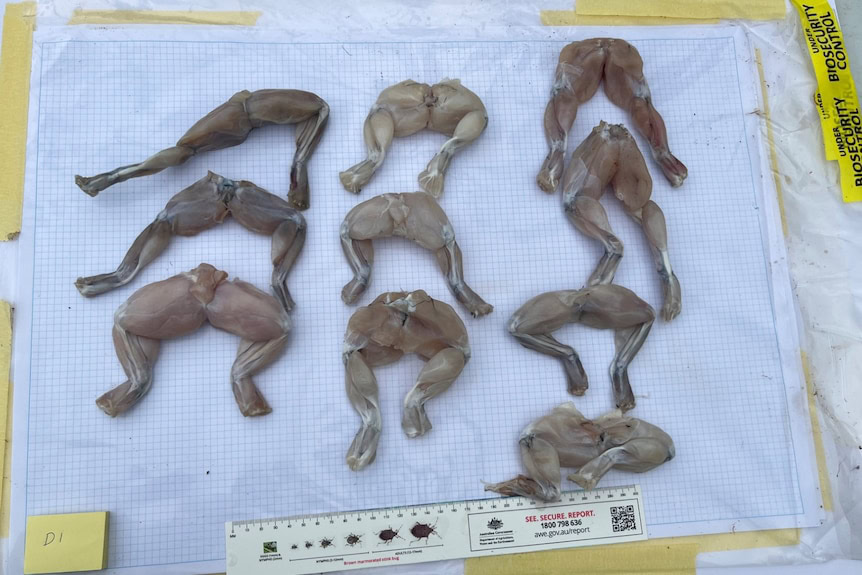
Australian Biosecurity officials have seized almost 40 tonnes of high-risk exotic meats, including turtle, frog, avian and pig meat, from a Sydney warehouse.
NSW Farmers President Xavier Martin said the illegal, commercial-scale meat-smuggling operation could have ripped a COVID-sized hole in the economy.
He also warned the seizure was likely �just the tip of the iceberg� and called for more resources to defend Australia�s food production.
�The biosecurity officers who detected and seized these containers of material deserve to be praised for their efforts, but it does point to a major problem with our biosecurity system,� Xavier said.
�The very fact that seven twenty-foot shipping containers filled with illegal products slipped through our system is a big cause for concern.�
Last year, the detection of Foot and Mouth Disease fragments in imported pork products made headlines across the nation, following an outbreak of the disease in Indonesia. Experts warned the economic cost of an FMD outbreak in Australia would be comparable to the cost of the JobKeeper program.
�The government�s own numbers estimate the potential cost of an FMD outbreak would be about $80 billion � and it�s not the only biosecurity threat out there,� Xavier said.
�Lumpy Skin Disease is also present in Indonesia, and we�re continuing to see efforts to eradicate Varroa mite impact beekeepers and the horticulture sector.�
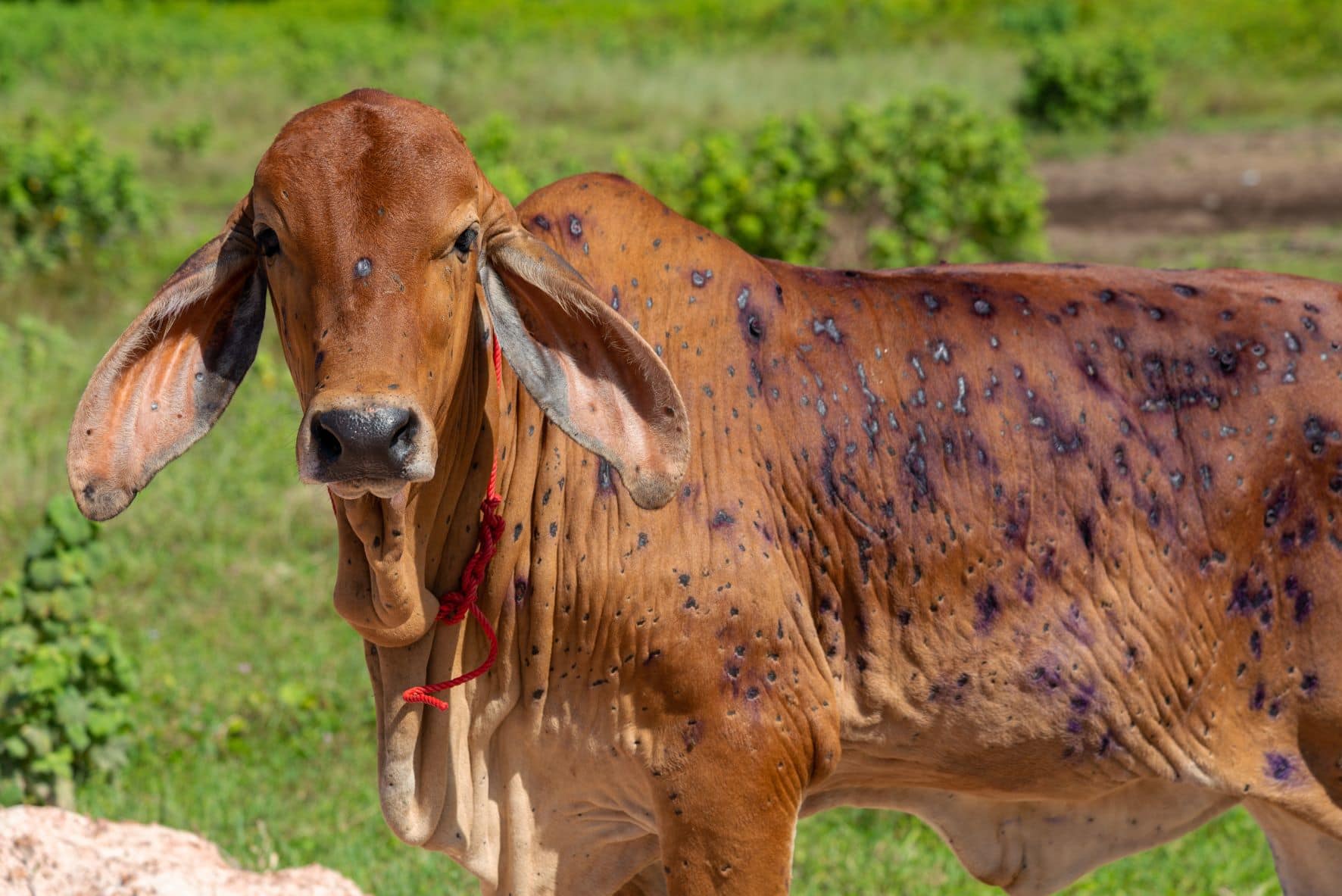
�Farmers have argued for stronger, long-term sustainably-funded biosecurity systems for years � it is absolutely critical the federal government lifts its spending in this space.�
Only a small portion of incoming freight was inspected by biosecurity officers, Mr Martin said, but he was hopeful state and federal governments could work together with industry to improve preparedness and response.
�We have strongly advocated for the federal government to boost screening and put in place a long-term, sustainable funding model for biosecurity efforts, which is especially needed given the financial woes the department is facing,� Mr Martin said.
�There is also the need for the federal government to work hand-in-hand with all states and territories, as well as other stakeholders, to ensure everyone knows exactly who needs to do what and when in response to a biosecurity threat.
�These threats are very hard to get rid of once they arrive, and they are incredibly costly, so it is far better for us to spend a little on prevention now than a lot on the cure later.�
National Farmers Federation President, Fiona Simson, said the exotic meat seizure highlights the critical role Australia�s biosecurity services play, and why they need to keep pace with mounting challenges.
�We�re lucky to have one of the most advanced biosecurity regimes on the planet, staffed by highly skilled and dedicated professionals,� Fiona said.
�However, we�re starting to see cracks appear in an increasingly complex biosecurity environment. Increasing trade flows, diseases pressures in our region and climatic changes are just some of the factors putting pressure on our system.
�This isn�t the moment to let our guard down. With diseases like Foot and Mouth Disease and Lumpy Skin Disease threatening our livestock industries and myriad other risks to our horticulture and plant industries, we need to pull out all stops. That starts with injecting adequate and sustainable funding into the system.�
The Farmer magazine traveled to Bali last year to investigate the island�s FMD response. Read the story here.


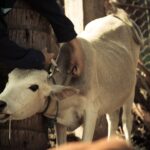
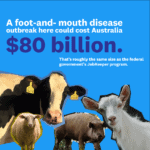
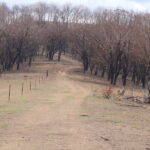

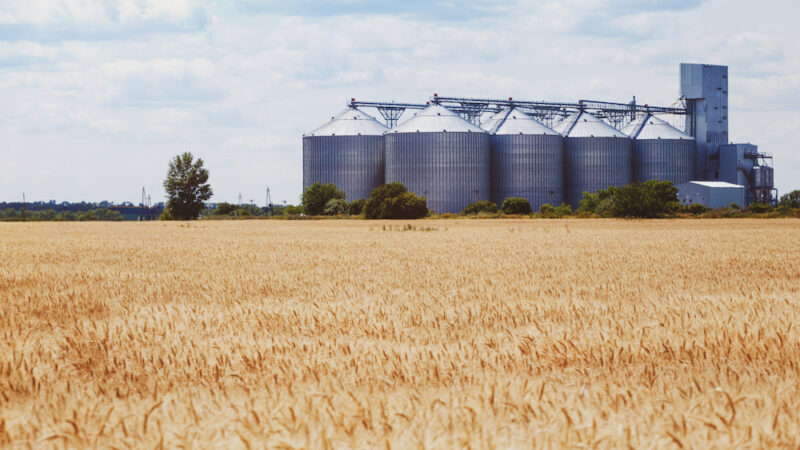
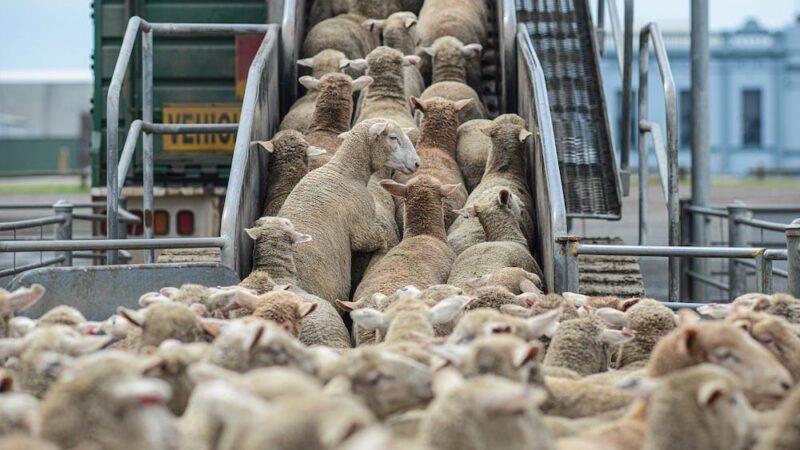

This letter should be sent to Taree and Gloucester and all state rural police stations immediately. Many commercial farmers are impacted by trespassing tourists . The school holidays start thisveeek and it is imperative that this advice gets to rural police and rural councils especially mid coast council and dungog council who have tourism staff who continue to encourage tourists to tresspass on farming lands. Regards Suzanne Landers. Dungog and Gloucester
Brilliant idea
How about a text to members on this now, ( another reminder closer to the events) ?
I wonder if these will be even mentioned at our next branch meeting ?
Why not involve content from MLA in these workshops as well, with detailed info on how to accurately complete NVD’s & info on livestock farm database requirements ?
Hi David,
Test messaging the workshops to members will be utilised closed to the dates